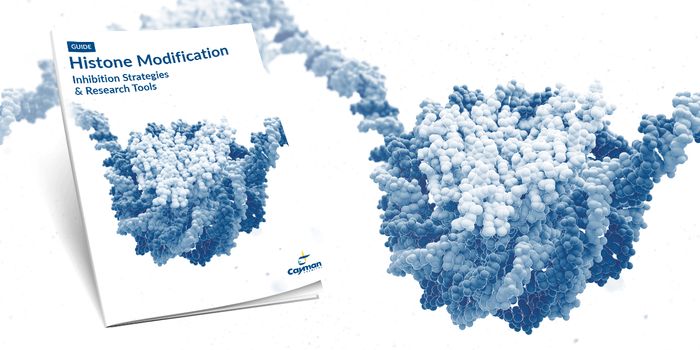University of Bath researchers are working on engineering animal tissue so they can produce artificial meat products. At this preliminary stage, pig cells are being grown on blades of grass in an effort to learn more about scaling up the process.
A biopsy can be taken from an animal like a pig or cow, and after stem cells are generated, they can be placed in a laboratory bioreactor. There, they can be nurtured and grown with vitamins, minerals, sugars, and amino acids, to enable the growth of a lot of mature muscle cells, i.e., meat. If this technique can be taken to the industrial level, it may be a great way to supply more people with meat that doesn’t require the slaughter and processing of animals and isn't as big a burden on the environment.
While cultured meat is currently best suited to replace burgers and sausage because of its texture, researchers want to develop alternatives to bacon and steak as well. There are a few lab-grown meats now available in supermarkets in the United States, like Beyond Meat, which the FDA and USDA regulate jointly. But the UK is still waiting for their lab-made meat.
“The UK really is one of the key essential players globally on the scale-up, so that is what we're working on as engineers, developing systems to grow the cells on a large scale,” said the leader of the research, Dr. Marianne Ellis of the Department of Chemical Engineering at the University of Bath. “In terms of when we're likely to see it in the supermarkets, probably the most advanced company at the moment is Mosa Meat, and they are predicting four to five years.”
Producing lab-grown meat is still a costly process, but as this technology progresses, those expenses should be reduced. The Bath researchers want lab-grown meat to be the same price as traditional meat.
The scientists believe that this alternative meat has a few advantages over current agricultural methods. It can help meet that demand as more of the world’s population begins to consume meat. Meat consumption requires a lot of land and water that lab-grown meats wouldn’t need nearly as much of. It is also believed to be a driver of climate change. Lab-grown meat would also not require antibiotics, which could have many potential benefits.
“The huge advantage of eating something like cultured meat is that it addresses our global needs and our global challenges of both food security and addressing climate change. Our global population is growing and our current food production methods will not scale to produce what we need to feed everybody. We need something like an additional 60 million tons of protein to feed the population by 2050, and we can't do that like we currently do,” noted Ellis.
“This cultured meat is a way to do that. It can be done anywhere in the world – it can be done where it is really hot and where it is really cold. We have the opportunity also to address our climate issues because this method compared to traditional beef production has much less greenhouse gas emissions, has much less water use, has much less land use and reduced energy use so it really addresses those two key global challenges.”
Source: University of Bath









